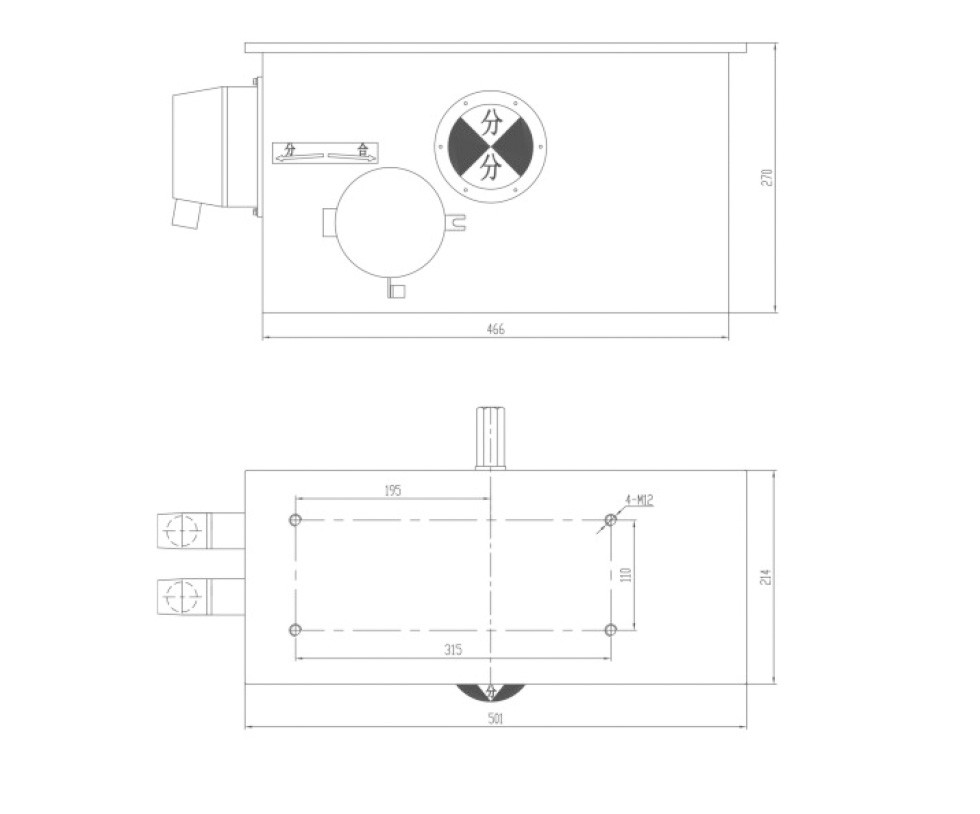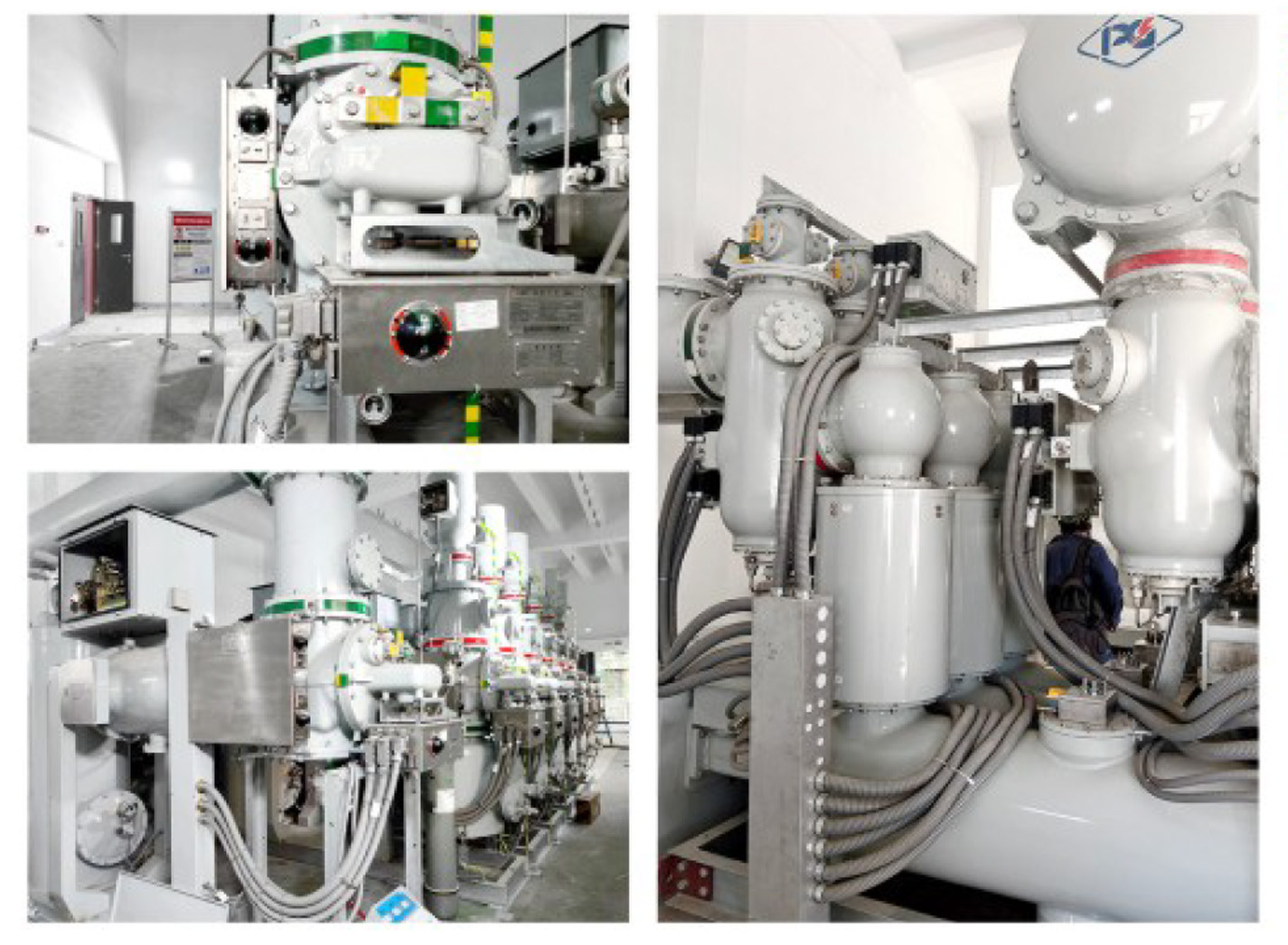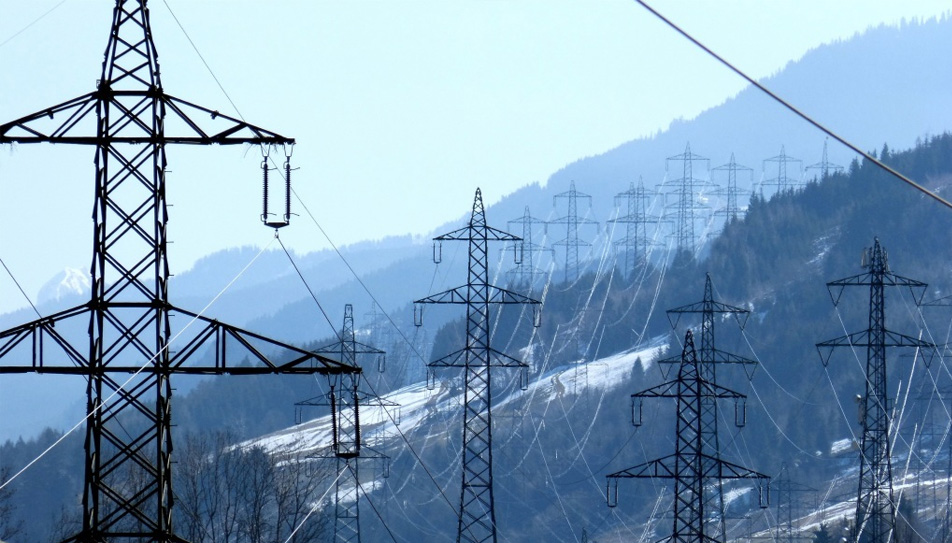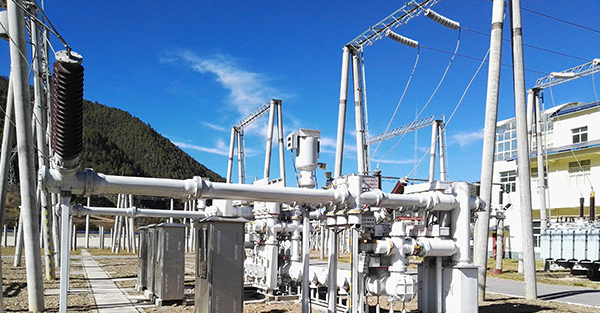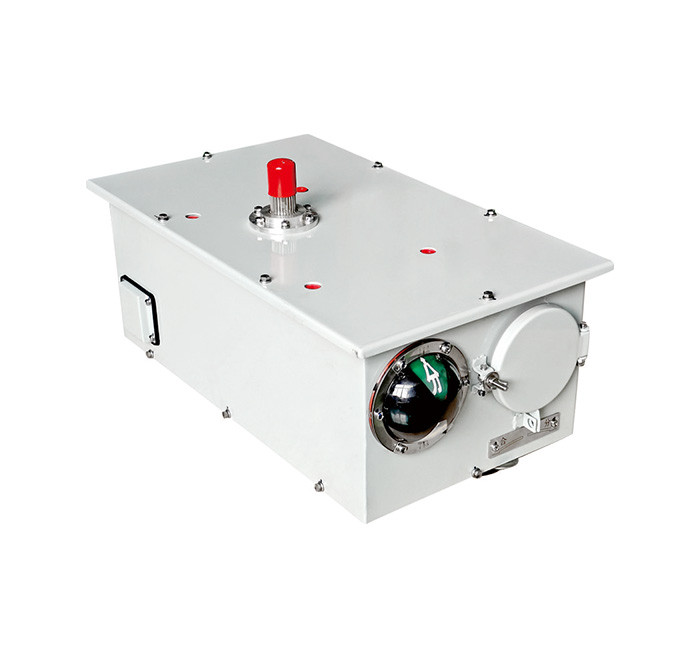The HYJ4 electric operating mechanism can be used for closing and breaking ZF port-126, ZF port-252 and the isolation switch, grounding switch and load switch with the required torque equivalent. The mechanism adopts a welded frame structure, which is simple and stable, and the layout of the mechanism can be changed according to the needs of users. Through the forward and reverse rotation function of the motor, this mechanism uses a mechanical clutch and worm gear transmission to ensure the opening and closing position and output angle. The mechanism has both manual and electric functions
1. The output angle of this mechanism is 65+2° (can be customized according to user requirements).
2. Output torque: 128N·m.
3. Rated voltage energy storage time<6s.
4. Technical parameters of energy storage motor
|
Model |
HDZ-22403 type |
|
Rated operating voltage |
240W |
|
Rated output power of the motor |
85%-110% |
5. Use CSK type magnetic blow switch. The current that can be continuously passed through the contact is 10A at AC220V and 3A at DC220V.
6. Use the F10 type auxiliary switch. Normally, it is 10 open and 10 closed, and it can reach up to 24 open and 24 closed. The continuous current that can be passed through the contact is 10A at AC220V and 5A at DC220V.
7. The secondary connector is an imported industrial connector, and the protection level of the outdoor mechanism can reach 1P68 level, and a mechanism is conventionally equipped with a 46-core industrial connector, and can also be equipped with two or three industrial connectors. There are 24-pin, 32-pin, 46-pin and other models of secondary industrial connectors.
